Your cart is currently empty!
Tag: community governance

Audius (AUDIO)
Audius (AUDIO): Revolutionizing Music Streaming through Blockchain Technology
Audius (AUDIO) is an innovative cryptocurrency that aims to disrupt the conventional music streaming industry by leveraging blockchain technology. Designed as a decentralized music-sharing platform, Audius allows artists to publish their music and ensure that they are fairly compensated through the use of the AUDIO token. This description provides an in-depth overview of Audius, including its history, technology, market performance, and more.
1. Name and Ticker Symbol
The official name of the cryptocurrency is Audius, and its ticker symbol is AUDIO. This token is essential for transactions and interactions on the Audius platform.
2. Founders, Launch Date, and History
Audius was founded by Roneil Rumburg, Forrest Browning, and Dalla Muthukumaran in 2018. The platform was officially launched that year, with significant milestones including its mainnet launch in September 2020 and partnerships with notable artists and organizations. Through steady growth, Audius has made headlines for not only empowering artists but also for its community-oriented approach.
3. Blockchain Platform
Audius operates on its own blockchain, built on Ethereum and Solana, combining the advantages of Layer 1 and Layer 2 solutions. This dual approach allows it to benefit from Ethereum€„¢s security and the high throughput capabilities of Solana, making it suitable for scalable music streaming.
4. Purpose and Use Case
The primary purpose of Audius is to create a decentralized music streaming service that allows artists to publish their music directly, cutting out intermediaries like record labels and streaming platforms. Key use cases include music distribution, artist monetization, and community engagement through fan voting on content.
5. Technology and Consensus Mechanism
Audius employs a combination of blockchain technology and decentralized protocols to host and share audio files. The platform utilizes a modified Proof of Stake (PoS) consensus mechanism, engaging users with incentives to validate transactions while maintaining security and efficiency.
6. Supply and Tokenomics
The maximum supply of AUDIO tokens is capped at 1 billion. Currently, the circulating supply is approximately 675 million tokens. Audius incorporates staking rewards, where users can stake their tokens to earn returns, as well as a burn mechanism that helps manage its economy by reducing supply over time.
7. Use Cases and Adoption
Audius has partnered with various prominent artists, including Deadmau5 and Rezz, showcasing its practical application in the music industry. Moreover, it has established collaborations with DeFi projects to enhance its utility, thus enabling artists to retain greater control over their work.
8. Market Performance and Metrics
As of the latest figures, Audius has a market cap of over $1 billion, reflecting its growing popularity. Historical price trends show significant volatility, a common phenomenon in the cryptocurrency market. Trading volume often fluctuates between $10 million to $50 million, depending on market conditions.
9. Where to Buy and Trade
AUDIUS can be traded on several popular exchanges including Binance, FTX, and decentralized exchanges (DEXs) like Uniswap and SushiSwap. These platforms provide liquidity and facilitate easy access for users looking to engage in crypto trading.
10. Security and Risks
While Audius has maintained a strong security posture, potential risks include vulnerabilities inherent in smart contracts and regulatory scrutiny. Thus far, the platform has not experienced significant hacks, but market participants should remain aware of evolving risks in the crypto landscape.
11. Community and Governance
Audius is governed by its community via a decentralized autonomous organization (DAO). Token holders can propose and vote on changes to the protocol, ensuring community engagement and a shared vision for the platform’s future.
12. Competitors and Differentiation
In the realm of decentralized music platforms, Audius competes with services like Royal and SoundCloud. However, Audius distinguishes itself by offering zero fees for artists and empowering them with complete ownership and control over their content.
13. Roadmap and Future Developments
Looking ahead, Audius has several exciting developments planned, including the integration of additional blockchain networks, enhanced user interfaces, and broader artist engagement initiatives. These updates aim to further optimize the platform’s performance and user experience.
14. Wallet Compatibility
AUDIUS can be stored in various wallets that support Ethereum and Solana assets, including MetaMask, Ledger, and Trust Wallet, ensuring flexibility and security for users and investors alike.
15. Regulatory and Compliance Status
As a decentralized platform, Audius is navigating complex regulatory landscapes. Although there have been no major legal challenges reported, it remains adaptable to potential regulatory changes that may affect decentralized finance (DeFi) and crypto platforms.
16. Recent News and Updates
Recent updates include partnerships with significant music labels and features designed to enrich user experience, such as enhanced mobile functionality and artist analytics tools. These updates reflect Audius’s commitment to continually evolving its platform to better serve artists and fans.
17. Summary and Call to Action
Audius (AUDIO) stands out as a revolutionary platform harnessing the power of blockchain technology to reshape how artists interact with their music and audiences. With a strong community support, innovative features, and a clear roadmap for the future, Audius is a token and platform worth following in the evolving cryptocurrency landscape. For further insights and updates, visit the UpCube.net and check out the official website of Audius.
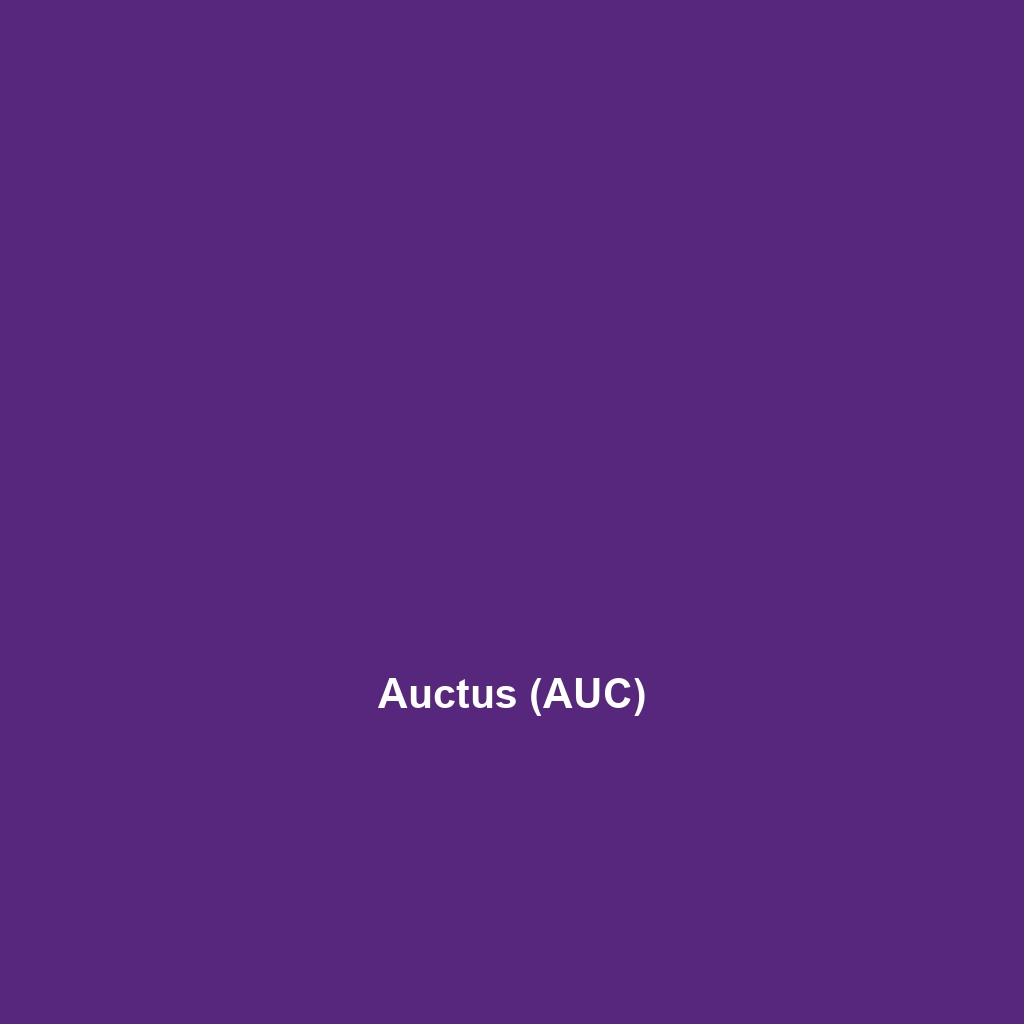
Auctus (AUC)
Auctus (AUC): Revolutionizing the Investment Landscape in Cryptocurrency
Name and Ticker Symbol: Auctus is a cryptocurrency known by its ticker symbol AUC. This innovative digital asset is designed specifically to enhance and simplify the investment process for both individual and institutional investors.
Founders, Launch Date, and History
Auctus was founded by a team of experienced professionals, including its CEO Kiriakos Kouloumas. The project was officially launched in 2017, and it has since achieved significant milestones, such as the successful completion of its Initial Coin Offering (ICO) that raised substantial funding within a short period, enabling further development and marketing initiatives.
Blockchain Platform
Auctus operates primarily on the Ethereum blockchain, leveraging its smart contract capabilities to offer a robust infrastructure for investment solutions. This positions Auctus as a layer 1 solution, providing transparency and security through Ethereum€„¢s well-established ecosystem.
Purpose and Use Case
The primary purpose of Auctus is to facilitate automated investment strategies, ensuring users can achieve their financial goals more efficiently. AUC is particularly aimed at decentralized finance (DeFi) applications, allowing investors to create, share, and manage investment portfolios seamlessly. The cryptocurrency also supports different investment products, enabling users to capitalize on emerging trends in the financial markets.
Technology and Consensus Mechanism
Auctus employs advanced blockchain technology to ensure transaction security and efficiency. It utilizes the Proof of Stake (PoS) consensus mechanism, which not only enhances network security but also allows participants to earn rewards through staking, promoting long-term holding and community engagement.
Supply and Tokenomics
The total maximum supply of AUC is capped at 100 million tokens, with a circulating supply of approximately 60 million tokens currently available to the market. The tokenomics include staking rewards to encourage user participation in securing the network. Moreover, a burn mechanism is in place to reduce the overall supply gradually, enhancing the token’s value proposition over time.
Use Cases and Adoption
Auctus has gained traction within the DeFi sector, with real-world applications ranging from automated wealth management to risk assessment tools for investors. The platform has partnered with various financial institutions and DeFi projects, further enhancing its use case and driving broader adoption.
Market Performance and Metrics
As of October 2023, AUC boasts a market capitalization exceeding $50 million. The historical price trends have demonstrated resilience, with a well-documented trading volume averaging around $1 million daily. Over time, AUC has exhibited moderate volatility, allowing savvy traders to capitalize on price swings.
Where to Buy and Trade
Auctus can be traded on multiple exchanges, including major centralized exchanges (CEXs) such as Binance and decentralized exchanges (DEXs) like Uniswap. This versatility makes it accessible to a wide range of investors, catering to both novice and experienced traders alike.
Security and Risks
While Auctus has implemented robust security measures, like any cryptocurrency, it carries inherent risks. The project has not experienced any significant hacks; however, potential security vulnerabilities could impact ecosystem reliability. Additionally, regulatory scrutiny surrounding cryptocurrencies poses ongoing risks that may affect trading volumes and investor confidence.
Community and Governance
Auctus emphasizes community involvement in its governance model, granting token holders voting rights on critical development proposals. This decentralization fosters a sense of ownership among users and encourages engagement, strengthening the project€„¢s foundation.
Competitors and Differentiation
In a crowded DeFi landscape, Auctus faces competition from products like Yearn.Finance and MakerDAO. However, Auctus differentiates itself by focusing specifically on automated investment strategies, making it an optimal choice for those seeking a hands-off approach to investment management.
Roadmap and Future Developments
The Auctus roadmap outlines ambitious plans, including new features such as enhanced portfolio analytics and partnerships for expanded service offerings. Upcoming developments aim to increase usability and grow the user base, further solidifying Auctus’s place in the crypto ecosystem.
Wallet Compatibility
Auctus (AUC) is compatible with multiple wallets, including MetaMask, Ledger, and other Ethereum-compatible wallets, ensuring users can conveniently manage their investments and engage with the Auctus ecosystem.
Regulatory and Compliance Status
Auctus is committed to adhering to regulatory standards. While navigating the complexities of cryptocurrency legislation, the project works diligently to mitigate legal challenges and maintain compliance with applicable regulations in multiple jurisdictions.
Recent News and Updates
Recently, Auctus announced new partnerships aimed at integrating with emerging DeFi platforms, enhancing its offerings and expanding its market reach. The project has also launched a beta version of its new analytics tool, garnering positive feedback from its community.
Summary and Call to Action
In summary, Auctus (AUC) stands out as a promising cryptocurrency in the DeFi space, offering innovative solutions for automated investment management. With robust technology, community governance, and an ambitious roadmap, Auctus is worth following for anyone interested in the future of cryptocurrency and blockchain technology.
For additional insights, visit UpCube.net. For more information on Auctus, visit the UpCube.net. Also, check out Arweave’s official website for the latest updates and official documentation.
This comprehensive article about Arweave (AR) covers the necessary details while optimizing the content for search engines using relevant keywords naturally integrated into the text.
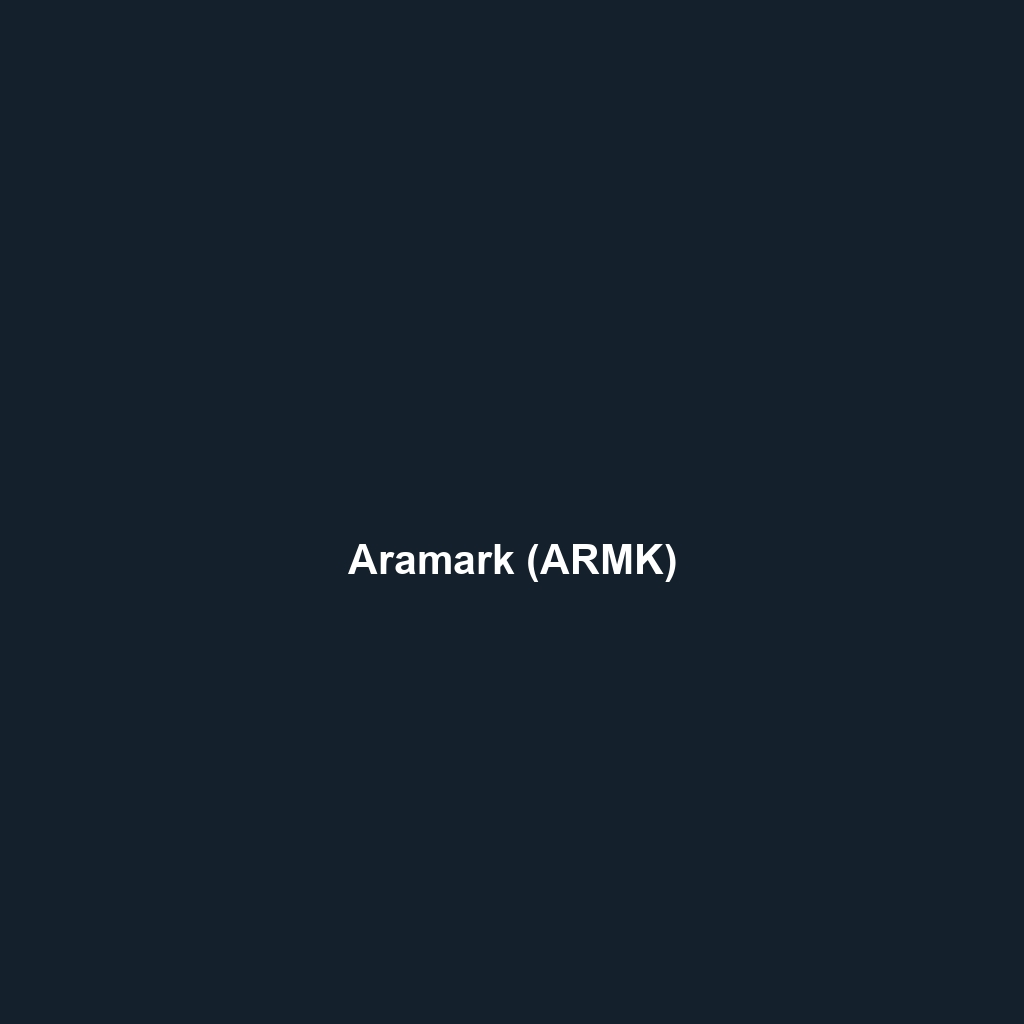
Aragon (ANT)
Aragon (ANT): A Comprehensive Overview
Aragon, represented by the ticker ANT, is a pioneering cryptocurrency aimed at empowering individuals and organizations to create and manage decentralized autonomous organizations (DAOs) on the blockchain. Developed to leverage blockchain technology for governance and collaboration, Aragon has made significant strides since its inception.
Founders, Launch Date, and History
Aragon was founded by Luis Cuende and Markus Altmann, who aimed to harness the potential of blockchain technology to revolutionize organizational structures. The project officially launched in 2017, gaining attention through its Initial Coin Offering (ICO), which raised over $25 million in just a few hours. Key milestones in Aragon€„¢s journey include its participation in the Ethereum ecosystem and its advocacy for decentralized governance.
Blockchain Platform
Aragon operates on the Ethereum blockchain, which is known for its robust smart contract capabilities. The platform is categorized as a layer 1 solution, leveraging Ethereum’s decentralized infrastructure to provide a foundation for its governance tools.
Purpose and Use Case
Aragon was designed to facilitate the creation and management of DAOs, allowing users to easily form organizations without the need for traditional intermediaries. Its primary use cases include governance, fundraising, and DeFi (Decentralized Finance) applications. By providing tools for community administration, Aragon aims to democratize decision-making processes within organizations.
Technology and Consensus Mechanism
The underlying technology of Aragon is built on Ethereum’s smart contract framework, allowing for seamless integration of various governance features. While Aragon itself does not operate its own consensus mechanism, it utilizes Ethereum€„¢s existing model, which is transitioning from Proof of Work (PoW) to Proof of Stake (PoS) with Ethereum 2.0.
Supply and Tokenomics
ANT has a maximum supply of 39 million tokens, with a circulating supply currently around 30 million tokens. The Aragon network incorporates staking rewards for users participating in governance, promoting active community engagement. Additionally, Aragon has mechanisms for token burns, which help manage supply and support the token€„¢s value.
Use Cases and Adoption
Several organizations and projects utilize Aragon€„¢s framework to create their own DAOs, including Gitcoin, which funds open-source projects. Aragon has formed partnerships with projects in the decentralization space, further solidifying its position as a leader in blockchain governance.
Market Performance and Metrics
As of late 2023, Aragon’s market cap stands at approximately $150 million, with a volatility level similar to that of other cryptocurrencies in the market. Recent historical price trends reflect a steady growth pattern, supported by increasing interest in DeFi and DAO governance.
Where to Buy and Trade
Aragon (ANT) is available for trading on numerous exchanges, including notable platforms like Binance, Coinbase, and Uniswap (a major decentralized exchange). These platforms offer various trading pairs and liquidity options for traders and investors.
Security and Risks
Like many cryptocurrencies, Aragon faces security vulnerabilities including potential exploits in its smart contracts. Although there have been no high-profile hacks directly related to Aragon, users must remain vigilant regarding the security of their assets. Legal and regulatory risks also loom, particularly as governments around the world grapple with blockchain regulations.
Community and Governance
Aragon employs a unique governance model that allows ANT token holders to vote on proposals and platform upgrades. This decentralized democratic process empowers users and fosters community involvement in critical decisions affecting the platform’s future.
Competitors and Differentiation
Aragon competes with other decentralized governance platforms such as DAOstack and MolochDAO. However, its comprehensive toolkit and user-friendly interface set it apart, making it an attractive option for organizations of all sizes looking to adopt decentralized governance.
Roadmap and Future Developments
Looking ahead, Aragon has a roadmap focused on improving user experience, enhancing the DAO creation process, and expanding its integrations with other blockchain projects. Key partnerships and upcoming upgrades are anticipated to strengthen its position in the market further.
Wallet Compatibility
ANT tokens can be stored in a variety of wallets, including popular options like MetaMask, Ledger, and Trust Wallet. These wallets provide secure environments for storing cryptocurrencies and facilitate easy interaction with the Aragon platform.
Regulatory and Compliance Status
Aragon operates in an evolving regulatory landscape that presents both challenges and opportunities. As a project focused on decentralized governance, it could face scrutiny regarding compliance with existing financial regulations. Engaging legal counsel to navigate these challenges is a priority for the team.
Recent News and Updates
In recent months, Aragon has made headlines with new partnerships aimed at fostering DAO adoption and innovative updates to its governance solutions. The community is particularly excited about developments that enhance interoperability with other DeFi protocols.
Summary and Call to Action
In summary, Aragon (ANT) stands out as a crucial player in the cryptocurrency landscape, pioneering the path for decentralized organizations. With its robust technology, engaging community governance, and practical applications in real-world scenarios, Aragon is a project worth following for anyone interested in the future of blockchain technology and governance. For additional insights, visit UpCube.net. Furthermore, explore more about Aragon through their official website.
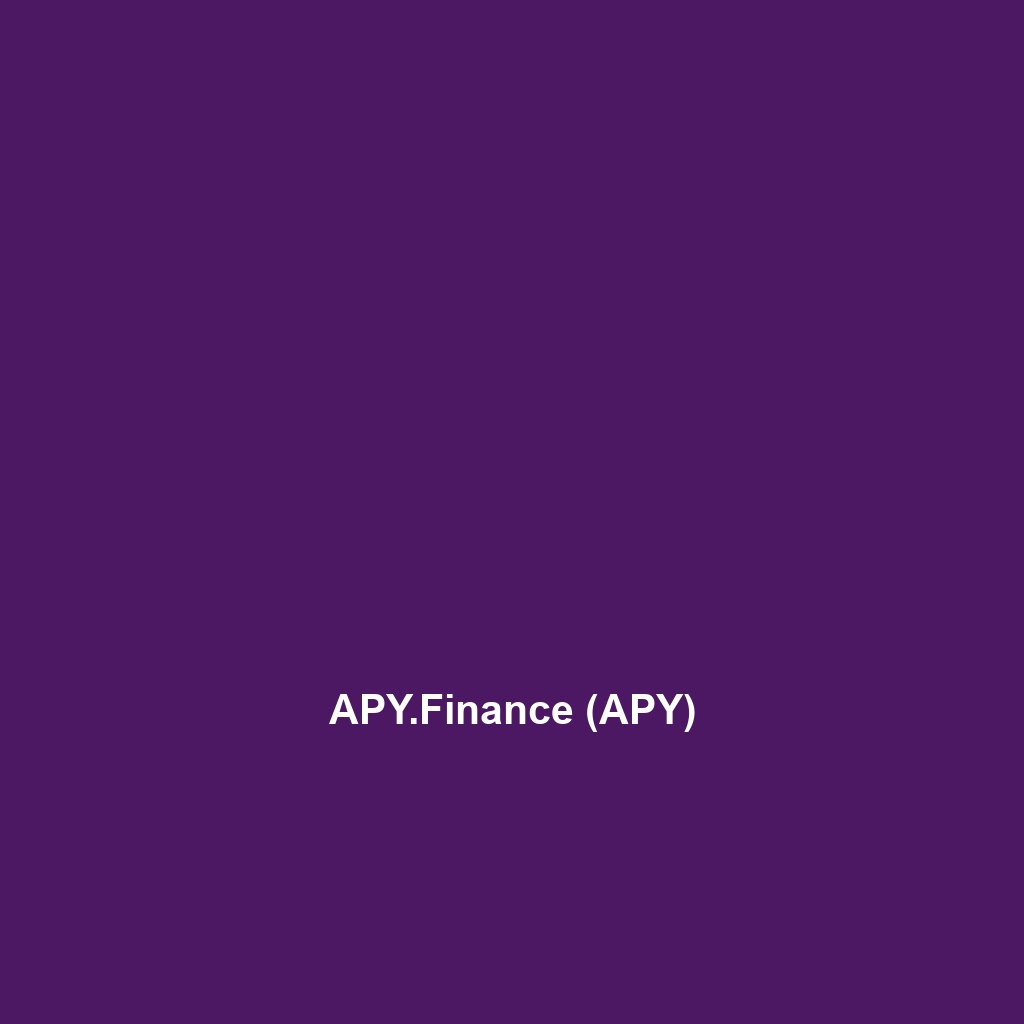
APY.Finance (APY)
APY.Finance (APY): A Comprehensive Overview
APY.Finance (APY) is a sophisticated cryptocurrency designed to revolutionize the decentralized finance (DeFi) landscape. In this article, we delve into the intricate details of APY, exploring its history, technology, market performance, and future prospects.
1. Name and Ticker Symbol
The cryptocurrency in focus is APY.Finance, and its ticker symbol is APY.
2. Founders, Launch Date, and History
APY.Finance was founded by a group of innovative developers and DeFi enthusiasts, notably led by financial and tech experts who sought to simplify yield farming for users. It was officially launched in 2020. Since its inception, APY.Finance has marked several key milestones, including the launch of its yield aggregator and partnerships with various DeFi protocols.
3. Blockchain Platform
APY operates on the Ethereum blockchain, utilizing its smart contract capabilities to facilitate complex financial transactions. While Ethereum is a layer 1 solution, APY.Finance leverages existing blockchain technology to enhance its services within the DeFi ecosystem.
4. Purpose and Use Case
The primary purpose of APY.Finance is to provide users with a simplified yield farming experience. By automating the process of staking assets across different protocols, it allows users to maximize their returns effortlessly. The main use cases include yield aggregation, liquidity provision, and portfolio management.
5. Technology and Consensus Mechanism
APY.Finance employs smart contracts powered by Ethereum€„¢s Proof of Work (PoW) consensus mechanism. As Ethereum transitions to Proof of Stake (PoS) with the Ethereum 2.0 upgrade, APY will adapt to the newer framework, contributing to scalability and operational efficiency while maintaining a secure transaction environment.
6. Supply and Tokenomics
The total supply of APY tokens is capped at 10 million APY, with a circulating supply that permits incentives for active participants in the ecosystem. The project also features staking rewards for token holders, as well as burn mechanisms designed to gradually reduce the total supply, enhancing the token’s value.
7. Use Cases and Adoption
APY.Finance is increasingly adopted by DeFi users for yield aggregation. Partners of the platform include prominent DeFi projects such as Yearn.Finance and Aave, showcasing its effectiveness within the broader cryptocurrency ecosystem.
8. Market Performance and Metrics
As of October 2023, APY has shown considerable market engagement with a market cap of approximately $50 million. Historical price trends indicate notable volatility, with trading volumes frequently surpassing $5 million on notable exchanges. Investors showing substantial interest in yield farming contribute to this dynamic market performance.
9. Where to Buy and Trade
APY can be traded on various centralized exchanges (CEXs) and decentralized exchanges (DEXs). Prominent platforms include Uniswap, KuCoin, and Binance. Users are advised to ensure they conduct due diligence before trading on any platform.
10. Security and Risks
Like many cryptocurrencies, APY faces inherent security risks, including vulnerabilities in smart contract code. However, the project has successfully navigated through the DeFi space without major incidents. Regulatory scrutiny of cryptocurrencies remains a concern that could impact APY€„¢s operations.
11. Community and Governance
APY.Finance employs a community-driven governance model, where APY token holders have a say in major decisions such as protocol upgrades and partnerships. Engagement within the APY community is encouraged through forums and social media channels, fostering a robust ecosystem.
12. Competitors and Differentiation
In the competitive DeFi landscape, APY.Finance distinguishes itself through its user-friendly interface and efficient yield aggregation strategies. Its main competitors include other yield aggregators like Yearn.Finance and Harvest Finance, yet APY€„¢s automated strategies provide a unique advantage.
13. Roadmap and Future Developments
The roadmap for APY.Finance includes several upcoming developments, such as integration with additional DeFi protocols, the expansion of its staking mechanisms, and enhancing its user interface for greater accessibility. The team is also exploring opportunities for cross-chain compatibility.
14. Wallet Compatibility
APY.Finance tokens are compatible with various wallets, including MetaMask, Ledger, and Trust Wallet, making it convenient for users to manage their assets securely.
15. Regulatory and Compliance Status
As of now, APY.Finance has operated within the legal frameworks set by various jurisdictions, with ongoing monitoring of evolving regulations in the cryptocurrency sector. However, the project must remain vigilant to avoid potential legal challenges in different markets.
16. Recent News and Updates
Recent developments include partnerships with key DeFi players and platform upgrades aimed at improving user experience. In addition, the APY team frequently provides community updates via social media and news outlets to keep stakeholders informed.
17. Summary and Call to Action
APY.Finance represents a significant player in the DeFi sector, offering optimized yield farming and liquidity solutions. With a robust technology foundation, dedicated community governance, and a clear roadmap for future developments, APY is well-poised for growth in the burgeoning cryptocurrency landscape. For anyone interested in maximizing their DeFi investments, APY.Finance is certainly worth following.
For additional insights, visit UpCube.net. Also, check out the cryptocurrency€„¢s UpCube.net. For more information, you can find Ankr€„¢s official website here.
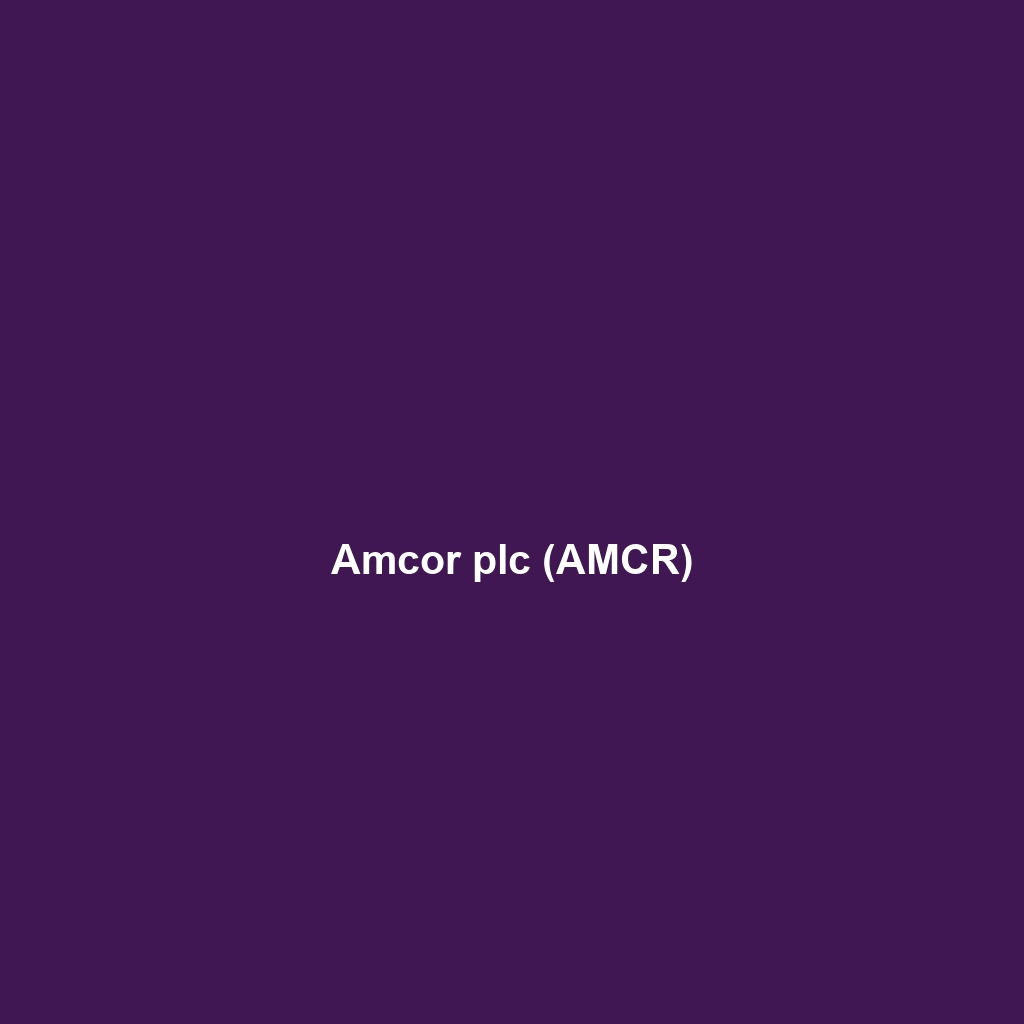
Ambrosus (AMB)
Ambrosus (AMB) – A Comprehensive Overview
Name and Ticker Symbol: Ambrosus is a cryptocurrency that operates under the ticker symbol AMB.
Founders, Launch Date, and History
Ambrosus was co-founded by Angel Versetti and Dr. Stefan Meyer in 2017. The project was initially launched to bridge the gap between blockchain technology and supply chain management, with a particular focus on quality assurance within food and pharmaceuticals. Key milestones for Ambrosus include the successful initial coin offering (ICO) in 2017, which raised approximately $30 million, and continuous partnerships with various enterprises dedicated to enhancing transparency in supply chains.
Blockchain Platform
Ambrosus operates on the Ethereum blockchain, utilizing its smart contract capabilities to facilitate its processes. As an Ethereum-based solution, it benefits from the established integrity and security of a widely recognized blockchain platform. This positions Ambrosus as a layer 1 solution, as it does not layer on top of existing protocols but utilizes its original infrastructure for its transactions and utility.
Purpose and Use Case
The primary purpose of Ambrosus is to create a digital, transparent, and immutable record of supply chain processes, particularly for the food and pharmaceuticals industries. Its use cases include quality assurance, product tracking, and enhancing consumer trust. By utilizing blockchain technology, Ambrosus aims to provide reliable and verifiable information about product origins, transportation, and handling methods.
Technology and Consensus Mechanism
Ambrosus leverages Ethereum€„¢s Proof of Work consensus mechanism, transitioning towards Proof of Stake with Ethereum 2.0’s rollout. This enables a decentralized verification of transactions while ensuring the security and integrity of the blockchain network.
Supply and Tokenomics
The total supply of AMB tokens is set at 1 billion, with a current circulating supply around 600 million. The tokenomics include provisions for staking rewards, providing holders with incentives for participating in network security and governance. Currently, there are no established burn mechanisms, but the governance structure is designed to adapt and implement community-driven proposals efficiently.
Use Cases and Adoption
Ambrosus has formed partnerships with various companies focusing on improving supply chain transparency. Notable real-world applications include collaborations with agricultural producers, pharmacies, and logistics firms that utilize the platform to trace products through their lifecycle.
Market Performance and Metrics
The current market capitalization of Ambrosus (AMB) is approximately $30 million. Historical price trends have shown significant volatility, with peaks correlating with broader market trends and adoption metrics. The trading volume has varied, but Ambrosus continues to gain traction within the decentralized finance (DeFi) space.
Where to Buy and Trade
AMB tokens can be traded on several major cryptocurrency exchanges, including Binance, Bittrex, and KuCoin. For decentralized exchange (DEX) enthusiasts, AMB is also available on Uniswap and other popular DEX platforms, providing various liquidity options for traders.
Security and Risks
While Ambrosus has not experienced significant hacks, potential vulnerabilities exist, especially concerning smart contract exploits and regulatory compliance. Users are encouraged to take necessary precautions when trading, including using reputable exchanges and wallets.
Community and Governance
Ambrosus employs a community-driven governance model, allowing token holders to participate in decisions related to network upgrades and project direction. This encourages engagement and aligns community interests with the long-term development of the cryptocurrency.
Competitors and Differentiation
Ambrosus faces competition from other blockchain supply chain solutions such as VeChain and OriginTrail. However, its unique positioning centers around the focus on food and pharmaceutical industries, enhanced transparency, and consumer trust through rigorous verification processes.
Roadmap and Future Developments
Looking ahead, Ambrosus has an ambitious roadmap that includes enhancing its technical capabilities with further smart contract features, partnerships with more industries, and expanding its global outreach through new collaborations. Community-driven initiatives to adapt and evolve the AMB token’s utility are also expected.
Wallet Compatibility
AMB tokens are supported by various wallets including MetaMask, Ledger, and other ERC-20 compatible wallets, allowing for safe storage and easy management of tokens.
Regulatory and Compliance Status
Ambrosus maintains active dialogue regarding regulatory compliance, particularly in light of global variations in cryptocurrency laws. Understanding and adapting to these regulations is essential for its continued operations and partnerships.
Recent News and Updates
Recently, Ambrosus announced strategic partnerships aimed at expanding its reach in the food safety sector. Innovations in the platform also focus on improving user experience and engagement through enhanced smart contract features.
Summary and Call to Action
Ambrosus (AMB) is a cryptocurrency worthy of attention due to its innovative approach to enhancing transparency and trust within supply chains, especially in the food and pharmaceuticals sector. Its solid technological foundation, community involvement, and transparent governance model make it a prominent project in the crypto landscape. For those interested in the future of blockchain technology and its applications, following Ambrosus could prove beneficial.
For additional insights, visit UpCube.net. Also, explore further through Ambrosus€„¢ official website.
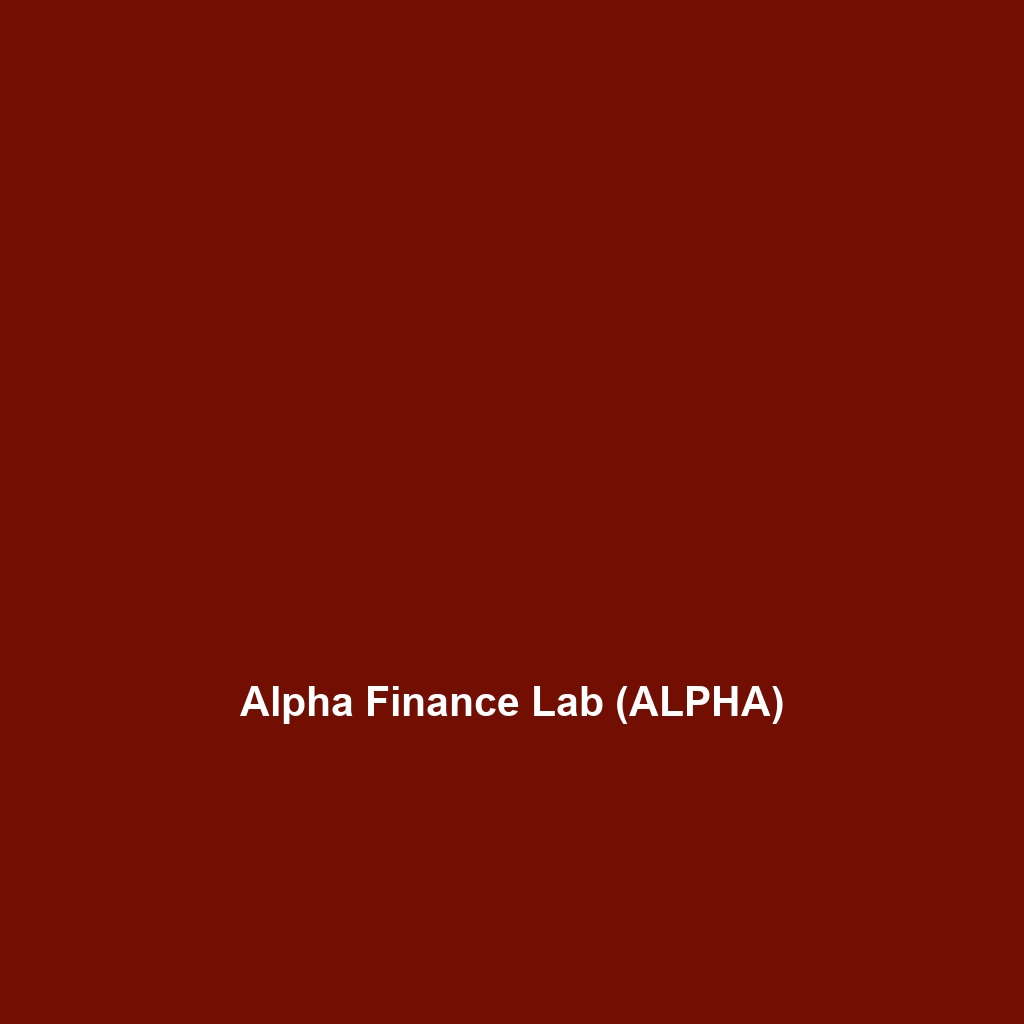
Alpha Finance Lab (ALPHA)
Alpha Finance Lab (ALPHA): A Comprehensive Overview
Alpha Finance Lab (ALPHA) is a revolutionary cryptocurrency that plays a crucial role in the decentralized finance (DeFi) ecosystem. With its innovative approach and robust underlying technology, ALPHA has emerged as a key player in the evolving world of blockchain applications.
Founders, Launch Date, and History
Alpha Finance Lab was founded by a team of experienced professionals including Yahya Ghaffar, Tuan Anh Nguyen, and other co-founders. The cryptocurrency was launched in 2020, marking a significant milestone in the DeFi sector. Alpha Finance Lab has achieved several key milestones, including the successful launch of its flagship products such as Alpha Homora and Alpha Vaults, which have garnered substantial traction within the DeFi community.
Blockchain Platform
ALPHA operates on the Ethereum blockchain, which is widely recognized for its smart contract functionality. Ethereum serves as a layer 1 solution, providing a robust framework for various decentralized applications (dApps) while enabling the seamless integration of Alpha Finance Lab€„¢s DeFi products.
Purpose and Use Case
The primary purpose of Alpha Finance Lab is to create a suite of DeFi products that enhance the experience for users in yield farming, lending, and liquidity provision. Key use cases of ALPHA include its role in providing leveraged yield farming through Alpha Homora, allowing users to maximize their returns while minimizing investment risks.
Technology and Consensus Mechanism
Alpha Finance Lab leverages cutting-edge blockchain technology to deliver its services. The platform operates on a consensus mechanism known as Proof of Stake (PoS), which enhances security and facilitates efficient transaction processing, further boosting the overall efficiency of the network.
Supply and Tokenomics
ALPHA has a max supply of 1 billion tokens. As of now, the circulating supply stands at approximately 200 million tokens, with a specific allocation for staking rewards that incentivize users to hold and stake their tokens. The protocol includes a burn mechanism, designed to reduce overall supply over time, thereby potentially increasing the value of each token.
Use Cases and Adoption
Some real-world applications of ALPHA include partnerships with various DeFi projects and exchanges that leverage ALPHA for liquidity and governance. Notable partnerships have included integrations with platforms like Curve Finance and Yearn.finance, enhancing user access and creating new avenues for liquidity provision and investment opportunities.
Market Performance and Metrics
As of October 2023, ALPHA€„¢s market cap stands at approximately $300 million, with a trading volume exceeding $50 million daily. Historical price trends indicate significant volatility typical of the cryptocurrency market, but ALPHA has shown resilience in its price performance, attracting steady user interest and investments.
Where to Buy and Trade
ALPHA can be traded across various exchanges, including major centralized exchanges (CEXs) like Binance and Huobi, as well as decentralized exchanges (DEXs) such as Uniswap and SushiSwap. These platforms facilitate easy access for traders looking to invest in ALPHA.
Security and Risks
While Alpha Finance Lab has implemented robust security measures, like many cryptocurrencies, it is not immune to risks. Security vulnerabilities exist, and the project has faced scrutiny due to incidents in the broader DeFi landscape. Nevertheless, the team has continually worked to address potential security flaws and enhance platform safety, emphasizing legal compliance during its operations.
Community and Governance
ALPHA employs a decentralized governance model that allows community members to participate in decision-making processes. Through a governance token model, holders of ALPHA can vote on proposals, influencing the future direction of the platform. Active community engagement through various social media platforms helps sustain user loyalty and support for upcoming projects.
Competitors and Differentiation
In an increasingly competitive landscape, Alpha Finance Lab distinguishes itself from other DeFi projects like Yearn.finance and Compound by offering unique features such as leveraged yield farming and a focus on enhancing user accessibility to various DeFi services. Its innovative approach has garnered a loyal user base, enhancing its competitive edge in the market.
Roadmap and Future Developments
The Alpha Finance Lab team has laid out an extensive roadmap focused on upcoming developments including the launch of advanced financial products, enhanced user interfaces, and strategic partnerships with larger DeFi ecosystems. Noteworthy updates are expected in the coming quarters, further solidifying ALPHA€„¢s position in the blockchain space.
Wallet Compatibility
ALPHA is compatible with several leading cryptocurrency wallets, including MetaMask, Ledger, and Trust Wallet. This compatibility ensures users can securely store and manage their tokens while participating in the DeFi ecosystem.
Regulatory and Compliance Status
As regulatory scrutiny in the cryptocurrency sphere increases, Alpha Finance Lab has taken steps to remain compliant with applicable laws. The project actively monitors regulatory changes and adjusts its operations accordingly to mitigate potential legal risks and ensure long-term viability.
Recent News and Updates
Recent developments for Alpha Finance Lab include significant partnerships aimed at expanding its product offerings, as well as upgrades to existing services to improve user experience. The project continuously seeks opportunities to grow its ecosystem and enhance liquidity.
Summary and Call to Action
Alpha Finance Lab (ALPHA) stands out as an innovative cryptocurrency within the DeFi space, offering unique products and a committed community. Its blend of advantageous tokenomics, proactive governance, and a clear roadmap makes it a compelling project to follow. For investors and enthusiasts alike, staying updated on ALPHA’s developments could prove beneficial.
For additional insights, visit UpCube.net. To learn more about Alpha Finance Lab, explore its official website or whitepaper.
